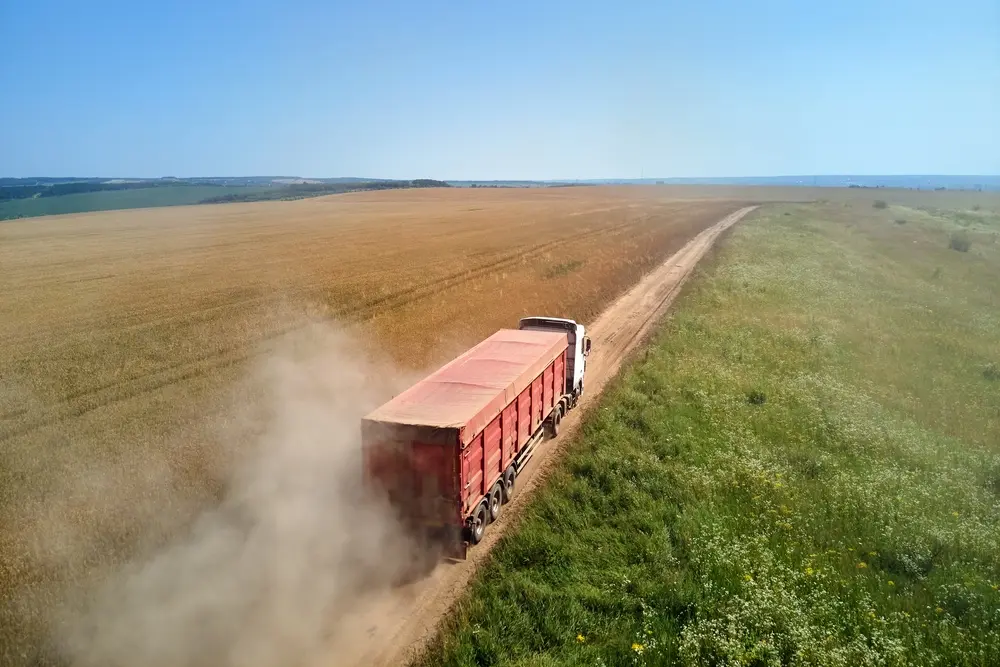Our organisations
The Regional Drought Resilience Planning (RDRP) program is jointly funded through the Australian Government’s Future Drought Fund and the Queensland Government.
The Australian Department of Agriculture, Fisheries and Forestry (DAFF) works to enhance our agricultural, fisheries and forestry industries. DAFF creates new and maintains existing agricultural export opportunities, to provide gains for Australian agriculture, while managing biosecurity risks to protect our multi-billion dollar agricultural industries and our way of life.
The Queensland Department of Agriculture and Fisheries (DAF) has partnered with the Rural Economies Centre of Excellence (RECoE) with the purpose to have an impact on how regions can survive and thrive into the future.
DAF works to achieve a productive and profitable agriculture, fisheries and forestry sector in Queensland, by promoting sustainability and innovation, and providing leadership for the sector which adds value to the economy and community.
RECoE is an alliance of four Queensland research institutions – The University of Queensland, James Cook University, University of Southern Queensland and Central Queensland University – who together lead consultation for the RDRP program.


Regional Drought Resilience Planning
We proudly acknowledge all First Nations peoples (Aboriginal peoples and Torres Strait Islanders) and the Traditional Owners and Custodians of the country on which we live and work. We acknowledge their continuing connection to land, waters and culture and commit to ongoing reconciliation. We pay our respect to their Elders past, present and emerging.

Regional Drought Resilience Planning
In Queensland, five regional communities were selected for the foundational year of the RDRP program. In the second round, the remaining nine regions will develop RDR plans to prepare for future droughts, with a sharp focus on the agricultural sector and allied industries.
The RDRP process will:
- foster learning and build social capital
- foster co-designed, community-led planning and collective ownership of the resulting plan and its implementation
- leverage existing local, regional and state strategic planning
- recognise the diversity of people, businesses and landscapes involved in agricultural production
- provide linkages with the FDF Drought Resilience Adoption and Innovation Hubs.